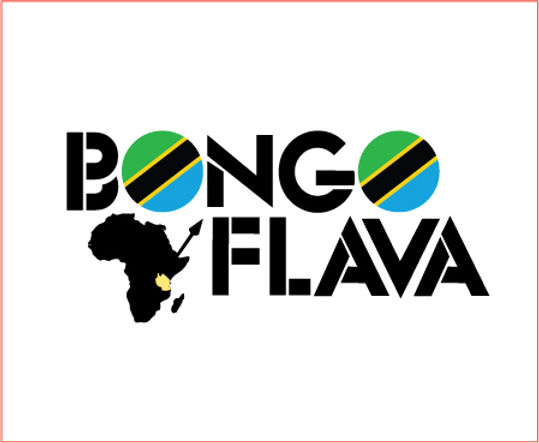This article was published in The Citizen Newspaper, Tanzania on 8th August, 2023.
Art is an important component of culture, a vehicle of tradition and the most expressive form of the values, mores, beliefs, and history of the people. Art forms the face and voice of the visible, hearable, and perceivable values of a people. To break it down, art comprises music, handiworks, artworks, sculptures, literature, and many others.
While music has a characteristic of being influenced and embellished by the upper-handed influence of the other more influential forms of music, it has customarily, all over the world retained the essence, that is, where it originates, and who it represents.
Music is by nature and function representative. It is representative of the people who own it, and who cherish it, regardless of whether its taste meets the generic criteria of musical beauty and brilliance.
The language is duly exploited through poetic creativity, diction and literary devices are strategically used to communicate the message. Though these are popular and generally accepted, they may not necessarily appeal to the ethics we collectively uphold as a people.

The visuals are a huge controversy at the moment. Videos are colourful, averagely representing either the local cultures or the wider and more generic African cultures. However, nudity, extreme and strange sexual allusions, promiscuity, American street gang-like dress codes, cross-dressing, and people appearing to be drunk, high on drugs or actually smoking recklessly have become indispensable condiments and ‘almost’ the dominant visual message of the bongo fleva songs.
Lyrics are on the other hand, overly saturated with allusions to sex, figurative description or even depiction of sexual acts, and lionizing and idolizing wealth and immoral acts and lifestyles like drunkenness, prostitution, drug abuse, easy-money schemes, and others that the society does not normally approve of.
It is hard today for a parent with a sound mind to freely listen to or watch modern songs with children. Instinctively, parents fear that children will be scandalized and lured into gross curiosity for things above their age because of the message, figurative communication, or the sexually provocative visuals in those songs.
One needs to listen to the twenty trending songs of this week to understand my distaste for the lyrics we are entertained with. It is strange that we are entertained by singing things we do not like or practice.
This is a blindly borrowed ethical failure. Music can be beautiful and lovable even without it being about sex, overly erotic visuals, drugs, or drunkenness. It appears as if our artists are into music not because they are keen to put their talents to flame, but because they are desperate for quick money, at the price of anything, even if it means tearing apart the very mat we all sit on.
Children in turn grow up thinking that life is as casual, free, sexually expressive and without consequences as they hear and see in the bongo fleva music. The language children use today is negatively influenced by modern music. This is because they learn by memory. There are taboo words children should not know at a certain age, and even if they know, they should ordinarily not mention them.
Another question to ask ourselves is whether the modern turn bongo fleva music has taken promotes our family values. Family is the root of society, both a broken and a strong-standing society depend on the foundation laid in the family. There are so many songs out there that glorify the reality of broken families and make light of the marriage union as something unserious and determined by wealth.
There is a need for responsible bodies like the Ministry of Arts and Culture, and other platforms to address this by sensitizing our musicians. It is understandable that they cannot influence so much what the artists sing about. But we want to hear music that is ethical and see decent visuals, just pure entertainment. We cannot shun romance songs, but we definitely do not want to hear abominable words and expressions all around us in the name of music.
As a country that makes efforts to curb deviant behaviours, substance abuse, and inclinations to crime, especially among young people, it is time we agree that among contributing factors to the menace is the music young people hear and are entertained with. Scholars too have established through research that modern music globally, with its themes and embellishments, contributes to promoting deviant behaviours.
As I said earlier, music has a nature of tracing where it originates. In doing this, it does not trace to the geographical location, but rather the people from whose traditions and cultures it originates. Not even classical music is exempted from this consensus. It is therefore good for us to know that whatever Tanzanian artists sing, represents us as Tanzanians globally. Most of our songs don’t have meaningful lyrics, which is why they cannot even be translated.
The question of this discourse was whether bongo fleva, with its themes, style, mode, mood, visuals, and content, represents the cultures of Tanzanians, and also whether it fulfils the entertainment quest of Tanzanians without stirring up distaste. The answer to this is dependent on the experiences of individuals and on the legacy that bongo fleva music leaves behind. Entertainment should reflect the values we cherish.

Nice article